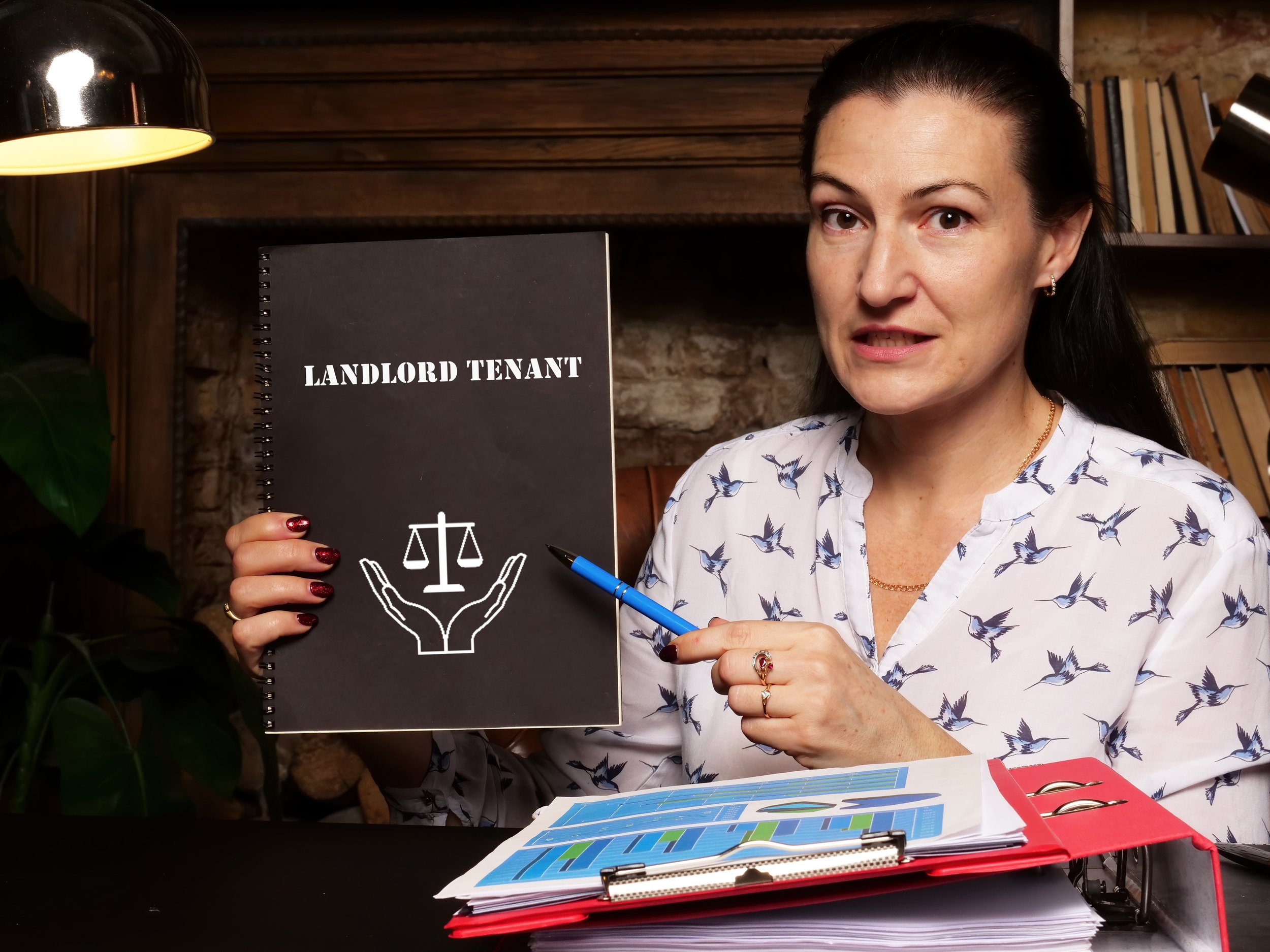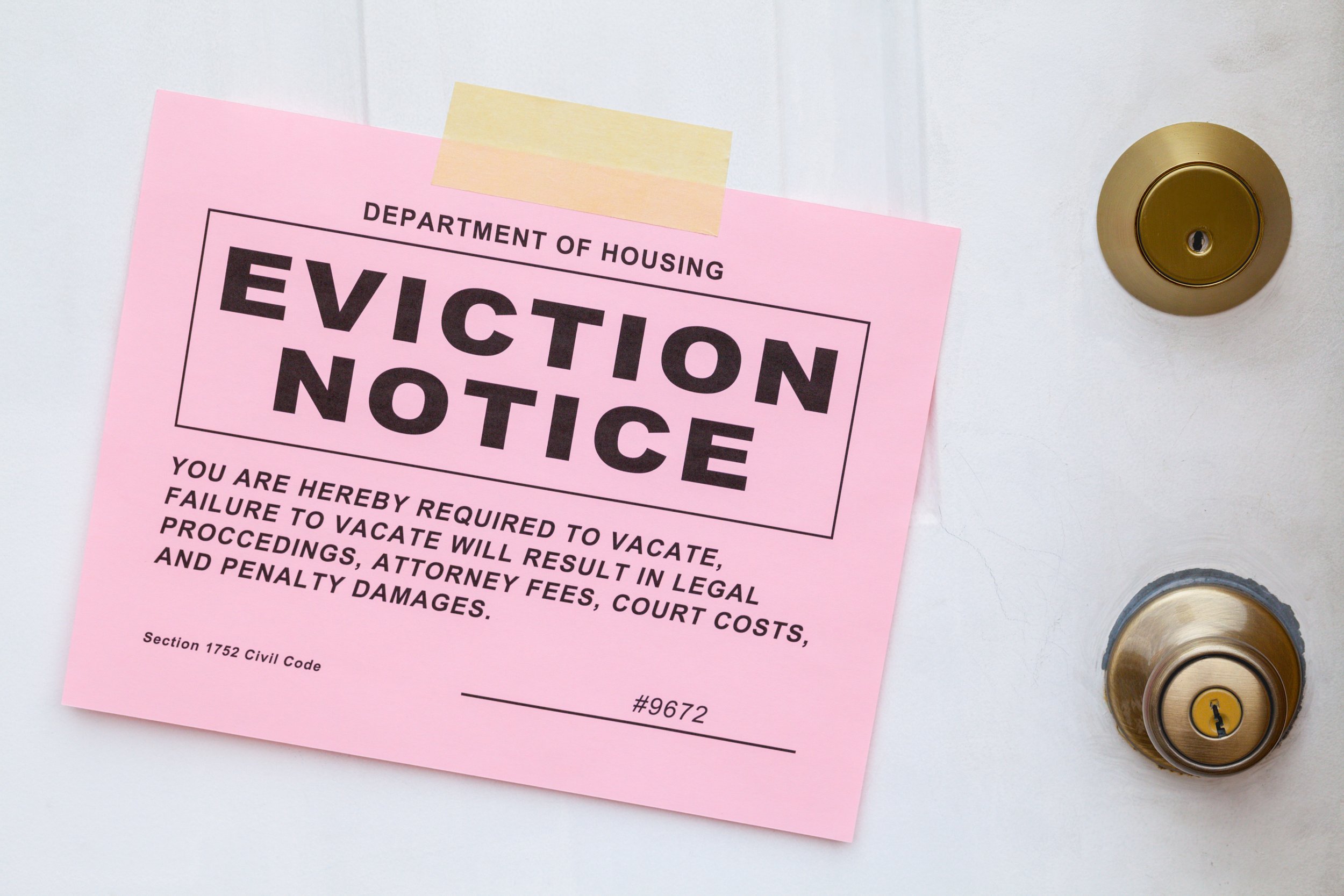Landlords seeking to evict tenants and tenants seeking to remain in their leased property need an experienced attorney to help them navigate the confusing myriad of New Jersey landlord-tenant laws. The stakes are high for landlord-tenant disputes and small errors can get your complaint or defenses dismissed, so having a dedicated New Jersey attorney on your side is simply a must.
The relationship between a landlord and a tenant is based on the lease contract and on state, local, and federal laws and regulations. For residential tenants, their home is at risk proceedings and for landlords often face devastating financial consequences when tenants don’t pay their rent. Commercial businesses face great losses if they lose their office or commercial space and commercial landlords can be forced into bankruptcy when commercial tenants are behind on their rent. These worst-case scenarios can usually be avoided when you hire an experienced landlord-tenant attorney to negotiate, mediate or litigate your landlord-tenant dispute in the State of New Jersey.

